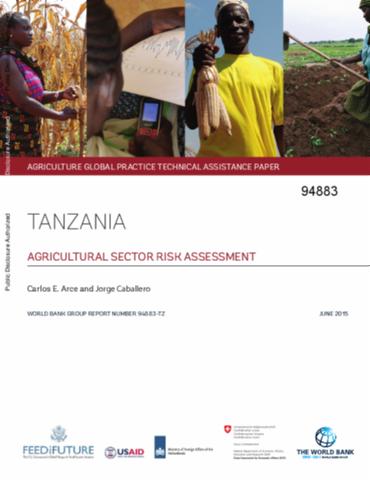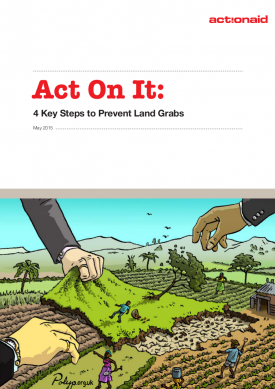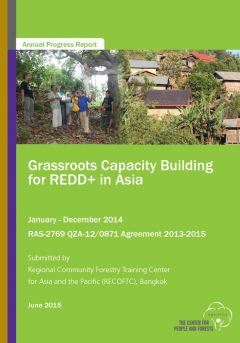Tanzania
This study aims to achieve a better understanding of the agricultural risk and risk management situation in Tanzania with a view to identifying key solutions to reduce current gross domestic product (GDP) growth volatility. For the purpose of this assessment, risk is defined as the probability that an uncertain event will occur that can potentially produce losses to participants along the supply chain.







